Posts
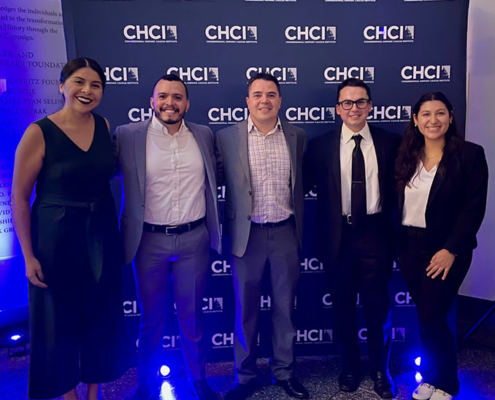
LPPI Shines at the Congressional Hispanic Caucus Institute Conference
by Alise Brillault UCLA LPPI experts and policy fellows were…
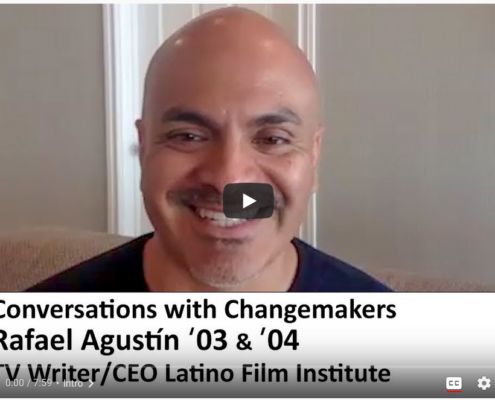
LA Social Science Presents “Conversations with Changemakers” Featuring UCLA Alum Rafael Agustín Discussing Latinx Storytelling
UCLA Alum Rafael Agustín ('03 & '04), TV Writer (Jane…
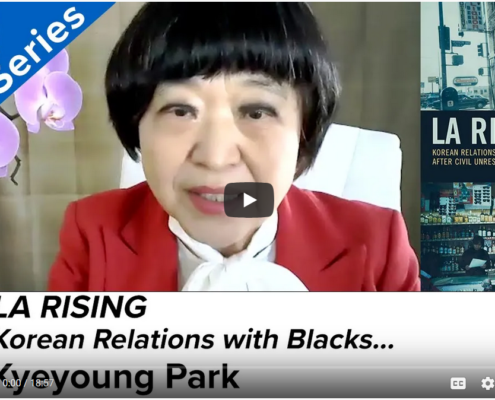
LA Social Science Book Series on Korean Intergroup Relations in LA with Professor Kyeyoung Park
In LA Rising: Korean Relations with Blacks and Latinos after…

LA Social Science Book Series on “Inventing Latinos” and American Racism with Professor Laura E. Gomez
In the latest interview in the book series, UCLA Professor…
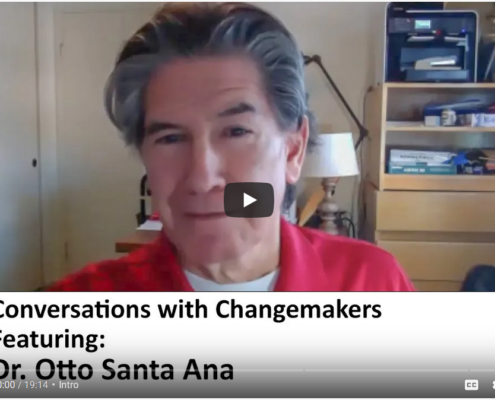
LA Social Science Presents “Conversations with Changemakers” Featuring Dr. Otto Santa Ana Discussing DACA and the Supreme Court
Leading expert and pioneer in his field, UCLA distinguished…
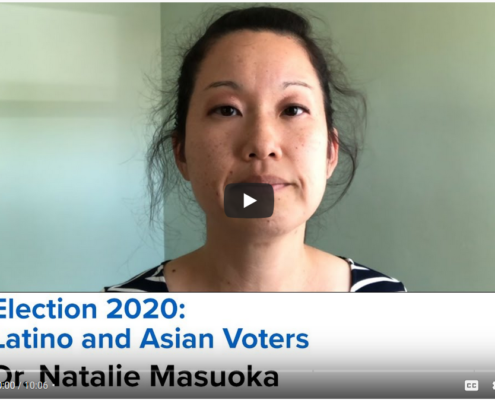
LA Social Science Election 2020: Latino and Asian Voters
UCLA Political Scientist and Race, Ethnicity, and Politics…
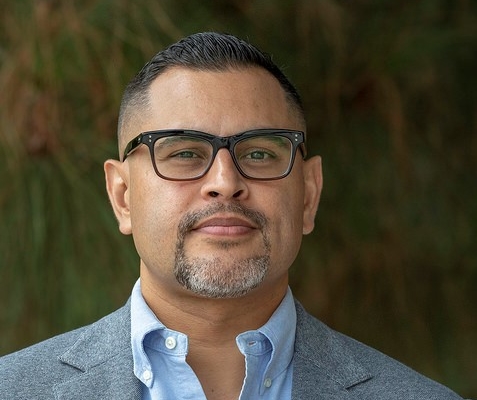
UCLA Professor Efrén Pérez Discusses the Evolution of the Term “People of Color” and Its Current Meaning
In a recent Washington Post (Monkey Cage) essay, Dr. Efrén…
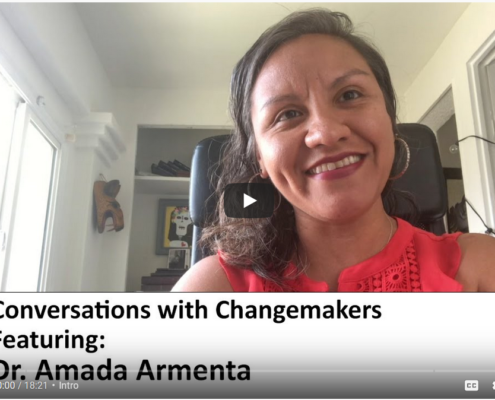
LA Social Science Presents “Conversations with Changemakers” Featuring Dr. Amada Armenta
The current state of relations between multiple arms of law…
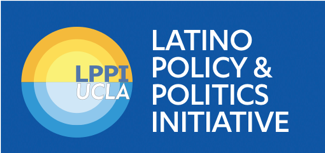
UCLA LPPI Brief Finds L.A. Black & Latino Neighborhoods Lack Resources During Safer-at-Home Order
On May 19, 2020, UCLA's Latino Policy and Politics Initiative,…
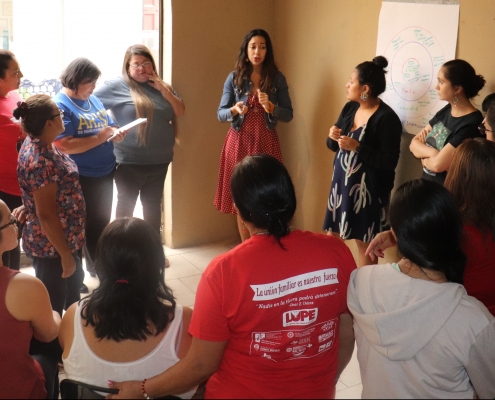
Latinx Organizations Convene in Border Town to Talk Immigration and Criminal Justice Reform
By UCLA Latino Policy & Politics Initiative (LPPI) In…

